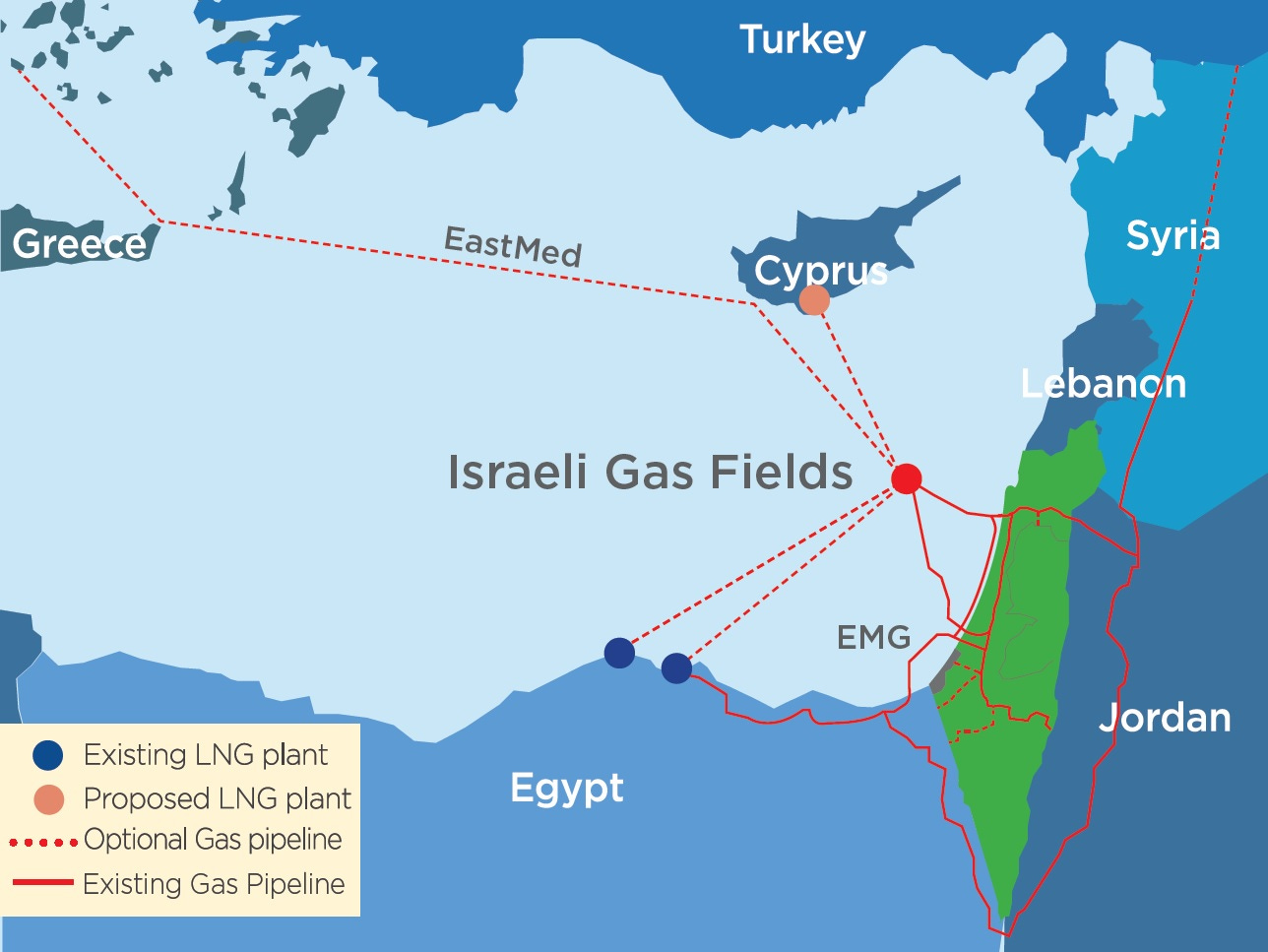Weaponised Interdependence: How Israel Used its Embeddedness in the Global Supply Chain to Discipline the Region
Israel is using and abusing its position in the global supply chain to wage war.
Since the beginning of this war, many have wondered why no regional actor has sought to end it. Approaching a year now, the war has dragged on despite the opposition of all world powers, at least officially. So how did Israel manage to ensure everyone's compliance with its war efforts? In this piece, I aim to offer insight into how Israel navigated what seemed like an impossible mission and made it in the interest of others for the war to continue.
Israel's approach to the region relied on offering incentives and warning of punishment. In recent years, Israel has expedited its embeddedness in the regional supply chain, particularly in key sectors. Israel used its position in the regional gas supply lines to undermine Egypt and Jordan’s ability to exert influence in the war. As both countries increasingly became reliant on Israeli gas discoveries to fuel their states and power electricity generators, Israel adopted a policy of leveraging its gas reserves to seek Jordanian and Egyptian silence. Israel threatened to halt gas supplies to both countries, leaving them in darkness and a budget deficit. Additionally, it offered Egypt further gas contracts as an incentive.
Israel also used its substantial and leading water desalination capabilities to leverage its freshwater exports to Jordan. Consequently, Jordan was expected not to voice significant opposition to the Israeli war in Gaza or risk disruptive water shortages. Israel also utilised its position in the global financial system to restrict funding for UNRWA, an organisation on which Jordan and Lebanon heavily rely to accommodate millions of Palestinian refugees. By designating UNRWA as a terrorist organisation, Israel aimed to cut it off from the global financial system, thereby increasing pressure on Jordan and Lebanon.
Israel also deployed the Abraham Accords agreements to contain Egypt and prevent its collapse or siding with Hamas, as it initially did at the start of the war. The UAE has invested tens of billions of dollars to ensure Egypt remains committed to the Abraham Accords. Israel also launched the Abraham Alliance and encouraged regional countries to join its vision for regional prosperity against Iran and its allies, thus undermining the political and economic incentive for others to adopt stronger stances against Israel for fear of being excluded from the emerging Abraham market.
Lastly, Israel utilised its links with Germany to guarantee Saudi access to advanced military technology after Saudi Arabia contributed to intercepting aerial attacks on Israel via their airspace. Overall, Israel has succeeded in its endeavour to buy regional silence for the continuation of the war, relying on its role in the global supply chain. However, Israel is also abusing its position to pressure its allies, which will likely be viewed as bullying in the future and may undermine Israel’s ability to capitalise on such a role as countries seek to reduce their reliance on Israel, which is again seen as an adversary rather than an ally.


